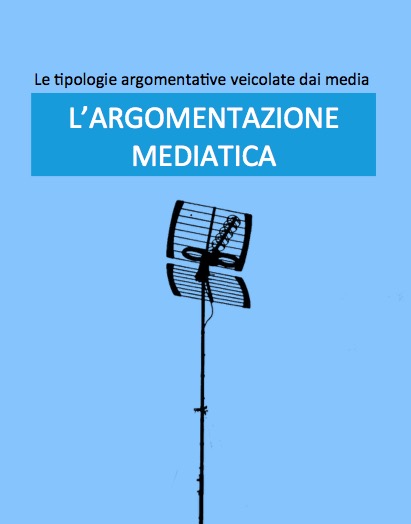The argumentation of the media is a powerful force in our lives. From political speeches to television advertising to war propaganda, it can appeal to the emotions that mobilise political action, influence public opinion, promote products and even allow a dictator to remain in power.
If we could study this type of argument using models so precise and clear that they could be translated into computer programs, we might be in a better position to deal with it in an intelligent and balanced way. But there are some important mechanisms of media argument that have not yet been properly understood.
Our analyses present elements of a recently established theory, showing its main structural components and how they fit together. The evidence from the case studies and analyses that will be proposed has led to the formulation of a new system to model the structure of rhetorical argumentation, a system that has been called the “persuasion system.”
This system, together with the other tools and structural components used in the case studies, reveals that the media topics have their own characteristics, clearly definable, that make them examples of a distinctive use of argumentation with a dialectical structure and a rhetorical trajectory combined together within a framework of dialogue. Deepening how they work in typical and problematic cases of persuasion through the mass media can serve to shed light on important and influential technical argumentation specifications present in the media. The final purpose of the analyses that will be proposed, the first of which you will find in the annex, is to understand, analyse, and submit to rational criticism the methods of argumentation conveyed by the media.
Juan Canseco (Senior Researcher – Osservatorio di Pavia)
